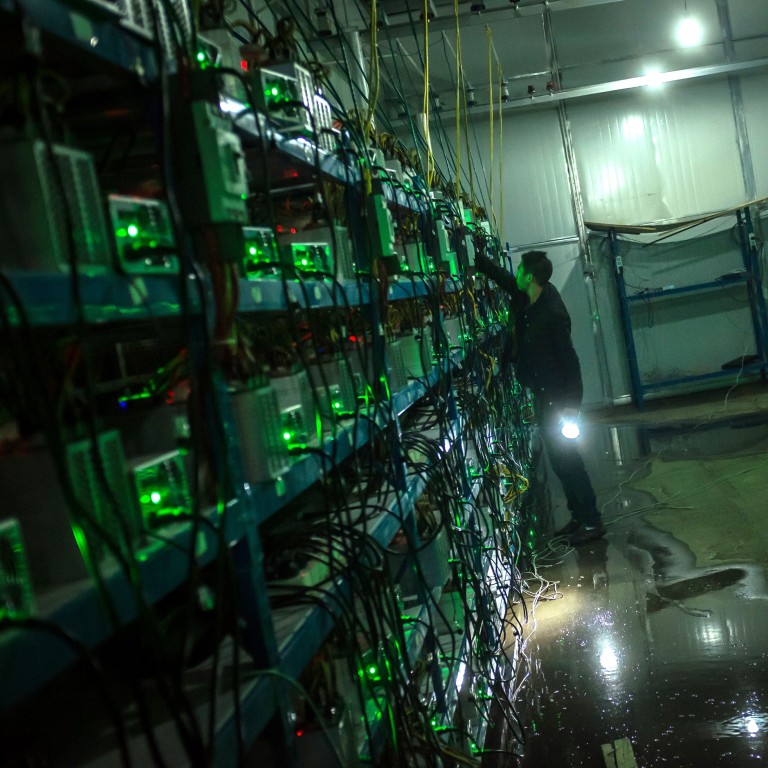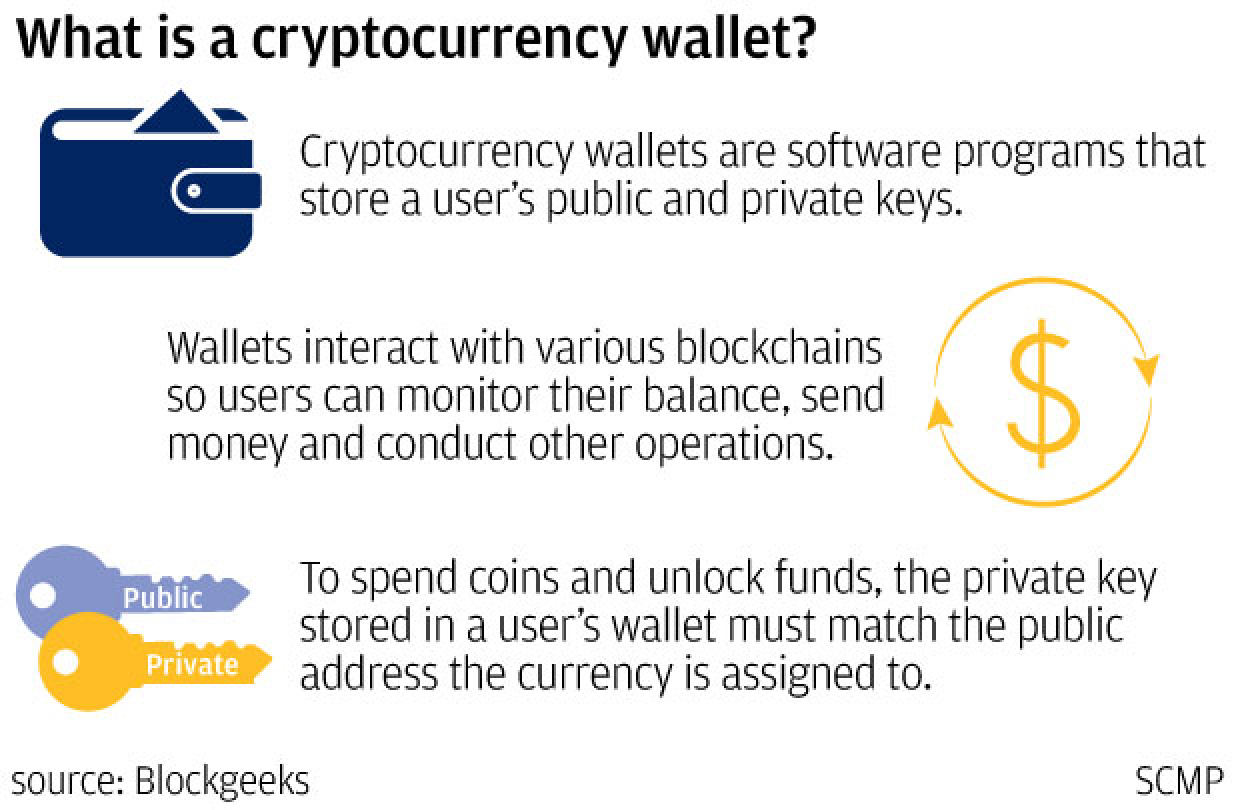
China’s bitcoin crackdown pushes miners out of Xinjiang, Qinghai as Baidu and Weibo censor related internet searches
- Qinghai province and the western Xinjiang region have ordered cryptocurrency mines to shut down amid an ongoing bitcoin crackdown from Beijing
- China’s dominant internet search engine Baidu and microblogging platform Weibo also censored searches for three major cryptocurrency exchanges
The provincial industry and information technology authorities in Qinghai ordered bitcoin mines to shut down on Wednesday and banned companies from providing related projects with land and power, according to a notice cited by state-owned Xinhua News Agency. The notice was issued after Chinese President Xi Jinping visited the province, where he emphasised the importance of environmental protection.
Meanwhile, searches for Huobi, Binance and OKEx – three major cryptocurrency exchanges – appeared to be blocked on Baidu and the microblogging platform Weibo on Thursday, in a sign that Beijing’s crackdown is also expanding online.

While the names of the exchanges alone returned no search results on the platforms, searching for other terms and topics that included their names still pulled up results on Baidu. The searches “official site of Huobi”, “Huobi download” and “is Huobi legal” were all still showing results on the search engine as of Thursday afternoon.
It is not clear when the platforms started blocking the search terms, but some Chinese media reports about the censorship had been published by Wednesday evening.
This is the second time this year that Weibo has cracked down on content related to the popular exchanges. The platform suspended the accounts of all three companies in March. Weibo suspended the account of Binance co-founder He Yi in 2019, along with that of cryptocurrency entrepreneur Justin Sun.
China plans to accelerate blockchain development and adoption in push to become a world leader in the technology by 2025
Mining bitcoin uses about 111.5 terawatt-hours a year, according to the latest estimate from the Cambridge Bitcoin Electricity Consumption Index (CBECI), more than the total energy used by the Netherlands.
China’s crackdown is expected to continue. The Cyberspace Administration of China (CAC) held a meeting on Monday, saying it will strengthen the supervision of related blockchain service platforms, virtual private network (VPN) services, and other internet technologies to tackle cross-border gambling networks, according to a statement released on Wednesday.
China is the world’s largest bitcoin mining market, accounting for 65 per cent of the global hash rate, according to the CBECI. Xinjiang alone accounts for nearly 36 per cent of it, with Sichuan and Inner Mongolia coming in second and third, respectively. Qinghai ranks ninth, accounting for 0.26 per cent of the hash rate.
Sichuan, which relies more heavily on hydropower instead of coal, took a more lenient stance. It held a meeting with power companies to study the industry, but it did not make any conclusions about policy changes.
Outside China, bitcoin is finding greater acceptance among some governments. The president of El Salvador announced on Wednesday that the country will officially classify bitcoin as legal tender, becoming the first country to do so.


